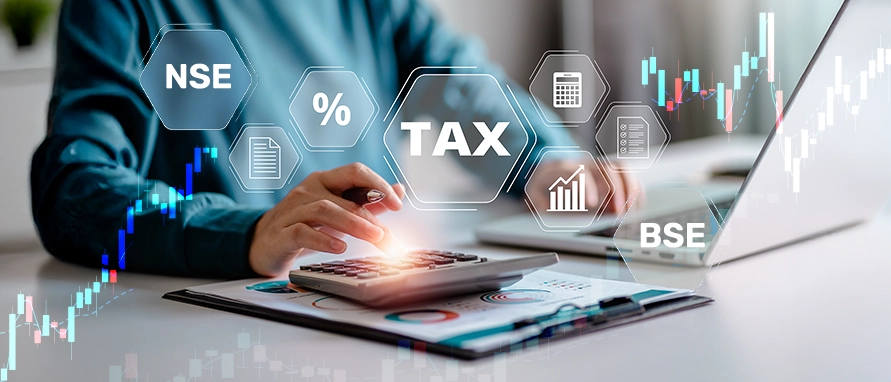IPO-Insights

Prostarm Info Systems, Blue Water Logistics and Astonea Labs Set to List; Scoda Tubes Allotment F...
250 Views
| 1min read
Posted on 19 Dec
Geetanjali Lachke


.jpeg)












